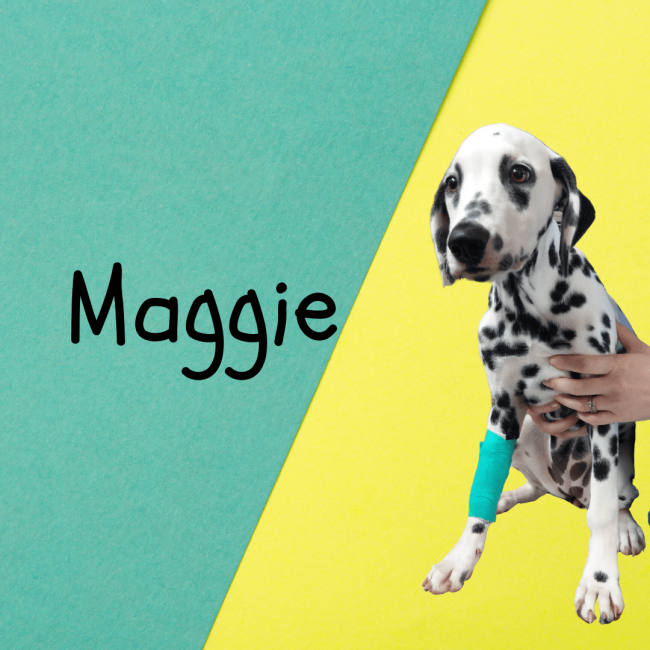
Maggie presented to us on Saturday night after her owner had noticed her shaking with muscle tremors, seeming very nervous and over-reactive to stimuli. A quick inspection of the area found an open box of snail bait, which had been eaten by Maggie.
Due to Maggie already showing symptoms of poisoning (which include muscle tremors, dilated pupils, anxiousness, overreaction to stimuli, hyperthermia and in some severe cases seizures and convulsions), we could determine that the toxin had already been absorbed into her bloodstream, and thus it was too late to induce vomiting. Maggie was immediately hospitalised for medical therapy to manage the symptoms of poisoning, minimise damage to her organs and absorb any toxin that remained in her intestines. Thankfully, Maggie's symptoms remained moderate in severity and she made a full recovery over the weekend.
However, not all pets are so lucky. If treatment is not begun quickly after bait is consumed, a pet can quickly go downhill. Snail bait generally contains one of two active ingredients - metaldehyde or carbamate. Metaldehyde is considered far more dangerous as there is no antidote, making death a very real threat. Poisoned patients require intensive care and careful medical management of the symptoms.
If you decide to use snail bait in your yard, consider a product with carbamate as the active ingredient. There is thankfully an antidote to this toxin, making the prognosis of accidental poisoning better. Signs of carbamate poisoning include excessive drooling, watery eyes, loss of bladder control, muscle tremors, weakness, aggression, seizures and respiratory distress.
Unfortunately, regardless of the ingredients, snail bait is usually very enticing to dogs. When using snail bait in your yard, erect a pet-safe barrier around the area the bait is used, or place bait in an area your pets cannot access. When storing snail bait, ensure it is kept in a place out of reach of your pet, such as on a high shelf in a closed cupboard within your garage. In Maggie's case, she had found the bait stored at an accessible height in her family's garden shed and had helped herself to it. Envisioning your space through your pet's range of reach is extremely important in keeping them safe from bait and other toxins.